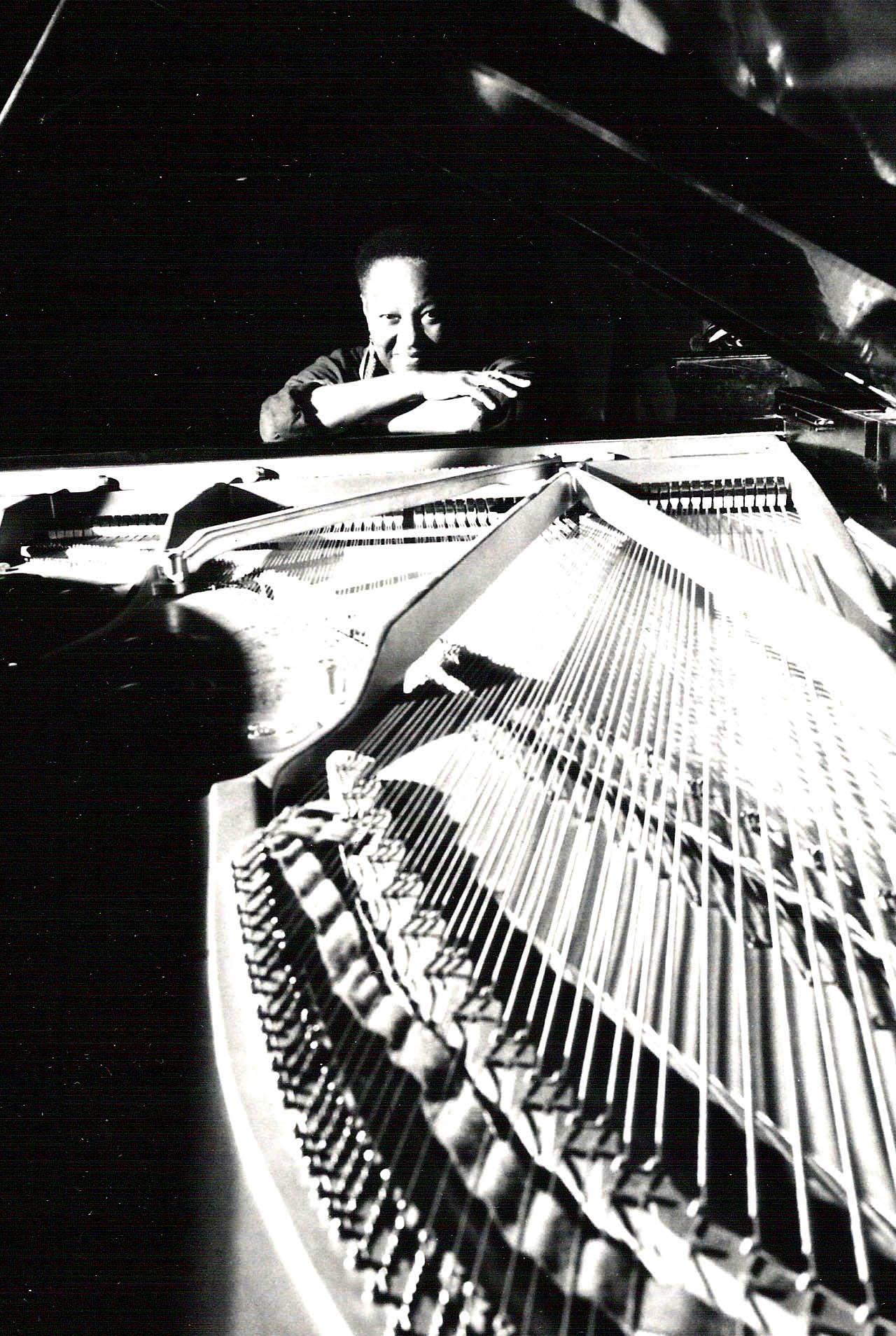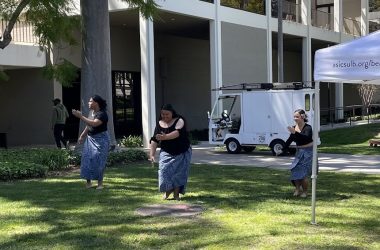Althea Waites remembers the days when black people were forced to sit behind screens on buses and use separate restrooms. Today, she brings music composed by minorities to the world’s attention.
Waites, 69, is a classical pianist who has performed in Europe, Asia and across the United States. She is also a faculty member at Cal State Long Beach and has accepted residencies and given master classes throughout the country.
“She’s a phenomenal musician,” said Jason Lo, a junior music major who took one of Waites’ classes at CSULB. “I like her willingness to tackle contemporary stuff.”
One of Waites’ main priorities is to expose people to music by American composers, including minority composers.
“I feel a strong commitment to performing American music,” she said. “I mean, after all, it is the music of our culture.”
Mark Uranker, a music professor and colleague of Waites’ at CSULB, pointed out “a lot of the work that we do is by dead white guys.”
As a result of Waites’ commitment to American music, composers have written pieces specifically for, and dedicated them to, her.
Waites features a number of these pieces on the album she plans to release next year on her own label, which is unnamed.
“These are works that have either been rarely performed or [are] completely new,” she said. “It’s American music, and it just needs to be heard.”
Waites’ most recent album, “Along the Western Shore,” was released by Cambria Records in 2004 and contains works composed by California composers.
Waites explained that she does not feel that European music is dead or that it shouldn’t be played, but that American composers need a forum.
“Their music should certainly not be neglected,” she said.
Waites also insists that music by black composers should not be overlooked.
“African-American composers have had some exposure,” she said. “But you don’t hear the classical music of black American composers being performed as often.”
Cambria Records in 1993 and features classical pieces by black composers released Waites’ first album, “Black Diamonds.”
According to Waites, one widely held misconception is that blacks only compose or play certain types of music.
“People need to know that there are black composers who are writing in all the different forms,” she said. “Our music just does not only consist of jazz and hip-hop and rap and rhythm and blues.”
Waites speaks from experience when she talks about the effect race has on music and life in general. She was born in New Orleans and lived in the South at a time of rampant racism.
“Segregation was really a major aspect of life and culture in the South in those days,” she said.
Waites attended Xavier University — a predominately black school at the time — and then went on to Yale, where she saw much less racism than in the South.
Even after she left New Orleans, she said sometimes she would come out on stage to perform and people would be surprised to see she was black.
“I’d love to see the day when we can get away from labels and just evaluate the music for what it is,” she said. “We haven’t gotten to that point yet.”
Despite the racism that she has experienced, Waites is not a bitter person, according to those who know her.
“She’s really nice,” said Lauren Pennington, a junior music major at CSULB who has taken piano lessons from Waites for the past three years. “It’s obvious she’s a great person, and I really enjoy learning and having her perspective on pieces.”
According to Uranker, Waites’ students adore her.
“She’s a great teacher,” he said. “She’s really caring about her students.”
Waites said she feels it is important to pass knowledge on to the next generation, although she said she probably enjoys performing more.
“The way she performs … there aren’t really words for it,” Pennington said. “You have to hear it and experience it.”
Uranker also said she is a wonderful pianist.
“When Althea performs, it’s like she’s telling a story — there’s a fable unfolding or something,” Uranker said. “That’s one thing that I love about how she performs.”
Waites said she finds music to be a real sanctuary.
“Music is, of course, something that brings immense joy and satisfaction to my life,” she said. “I wouldn’t even want to live without it.”




